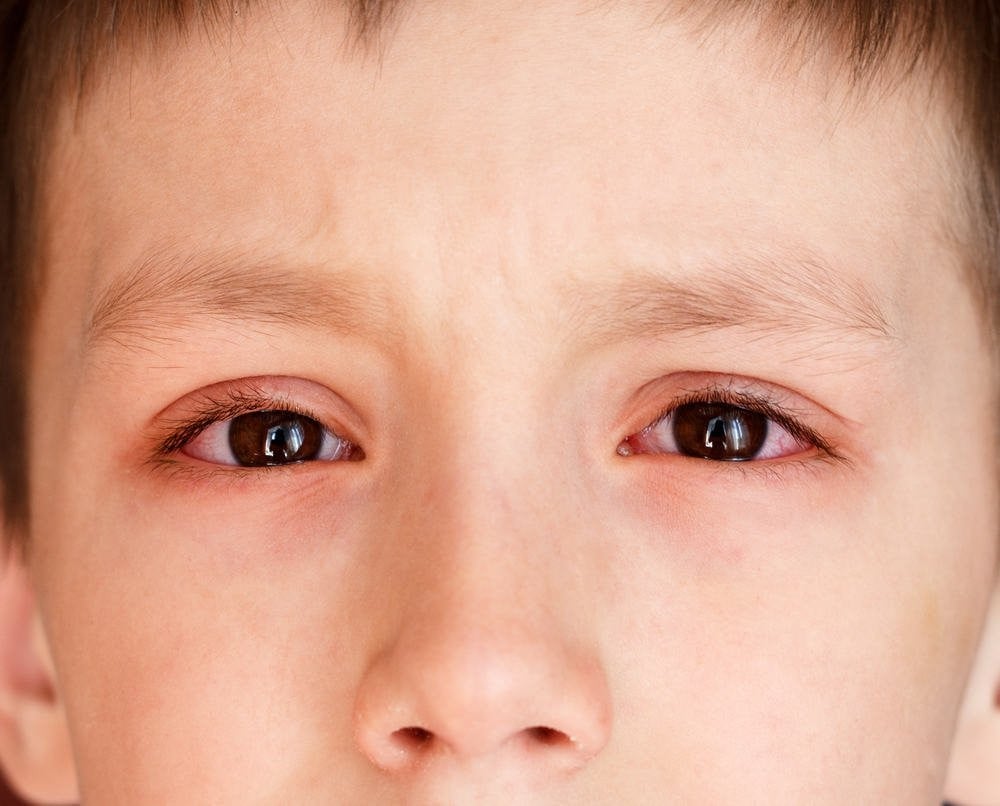 |
| Conjunctivitis (also known as pink eye) can be caused by pathogens such as bacteria, viruses, fungi, parasites... (Source: Getty) |
Causes of conjunctivitis
Conjunctivitis is a condition of damage to the thin membrane of the eye caused by eye trauma, long-term contact lens wear, allergies, autoimmune diseases or infection with pathogens such as bacteria, viruses, fungi, parasites...
Viruses are the most common cause of pink eye and can easily become epidemics, due to their ability to spread quickly from person to person.
How is pink eye spread?
Bacteria or viruses spread when children come into contact with friends or people around them who have pink eye. Sometimes children get infected by sharing towels or toys with sick children, or by handling objects contaminated with secretions containing viruses or bacteria that cause the disease.
Common symptoms of conjunctivitis
After infection, depending on the pathogen and the child's health condition, the incubation period and symptoms will be different. In addition to red eyes, children also have symptoms such as eye pain, excessive tearing, pus, photophobia, pain and discomfort when opening the eyes, feeling like there is a foreign object in the eyes. Sometimes children have blurred vision or reduced vision.
Although pink eye usually subsides after 7-10 days, if not properly cared for and treated, the condition can worsen and lead to dangerous complications such as chronic conjunctivitis, trachoma, corneal ulcers, corneal scarring, vision loss, blindness, etc.
The eyes are considered the most sensitive and vulnerable organs of the body. Therefore, you should not use eye drops or apply leaves when your eyes are red. What you should do is use 0.9% Sodium Chloride or artificial tears to clean the eyes and quickly take your child to the doctor if the condition does not improve or gets worse.
At the hospital, in addition to collecting necessary information such as the child's general health status, history of allergies, risk factors and recording the red eye symptoms of people around the child to accurately determine the disease, sometimes it is necessary for the doctor to use specialized diagnostic methods such as vision testing, eye staining, eye culture and antibiotic susceptibility testing...
Treatment of conjunctivitis
Depending on the cause of the disease, the doctor will decide on different treatment methods including eliminating risk factors, controlling underlying diseases, using pain relievers and anti-allergy medications to reduce pain, reduce eye itching and limit excessive tear secretion.
In addition to using saline to clean the discharge and clean the eyes many times a day, eye drops with or without antibiotics will be prescribed 2-3 times a day depending on the case.
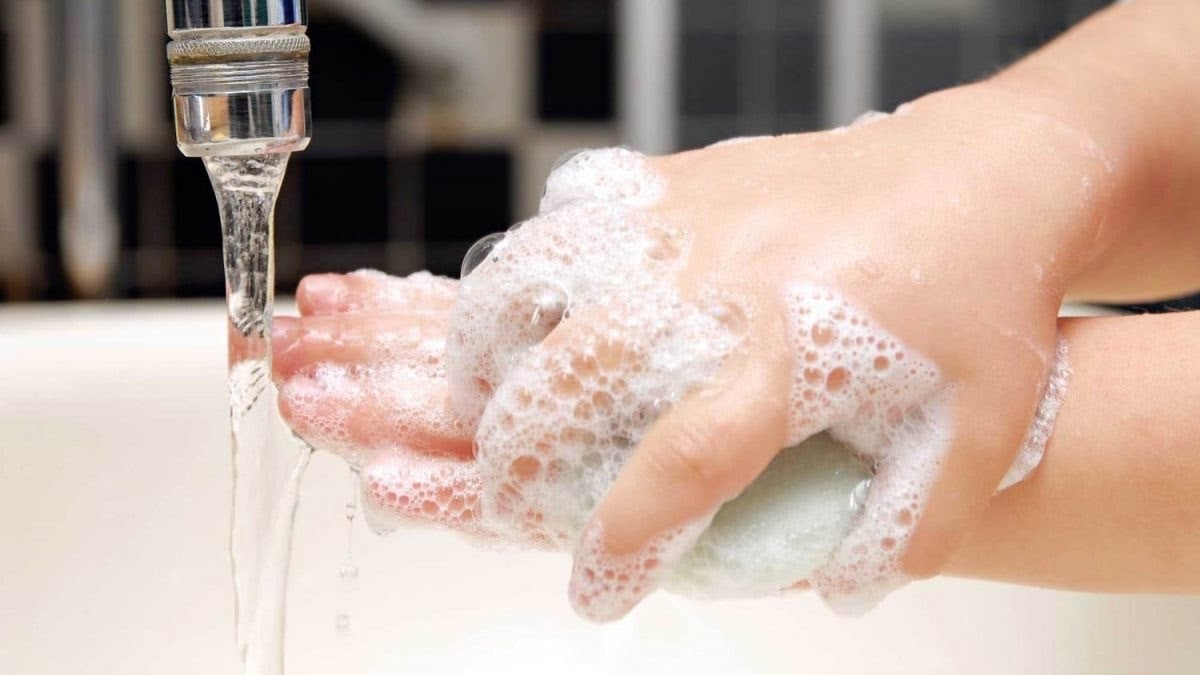 |
| Washing hands frequently is the most effective way to prevent conjunctivitis. (Source: SKDS) |
Although eye drops containing Corticoids such as Dexamethasone and Prednisolone sometimes help relieve symptoms faster, they should not be used without consulting a doctor, as these drugs can cause corneal ulcers, reduced vision, and even blindness if used incorrectly.
Antibiotics should not be given to children for pink eye, as antibiotics are not necessary in most cases.
Never use herbal steam or apply leaves to your eyes when you have pink eye, because the toxins or bacteria in the leaves can make eye damage worse.
How to prevent and limit the spread of pink eye
To reduce the risk of pink eye, limit the wearing of contact lenses by children, especially when swimming. If it is necessary to wear contact lenses, wash your hands before handling the lenses. Remove lenses every day before going to bed and clean them with a specialized cleaning solution.
Observe the expiration date of this solution and the recommended time after opening to replace the bottle, even if there is still plenty left in the old bottle. Replace your contact lenses regularly according to the manufacturer's instructions.
Washing your hands frequently is an effective way to prevent pink eye. Children should get into the habit of washing their hands after coming home from school or the playground, and not rubbing their eyes.
Do not share face towels or bath towels. They should be washed regularly and dried or dried in the sun.
Put a few drops of saline solution into your child's eyes regularly every night before going to bed to remove dirt.
When children have pink eye, they need to be treated actively and limit contact with people around them for at least 7 days to avoid spreading the disease to others. If there are many members in the family with pink eye, they should not share eye drops, each person needs to have their own bottle of eye drops.
Limit children from swimming in public pools and avoid crowded places when there is an outbreak of pink eye.
Source





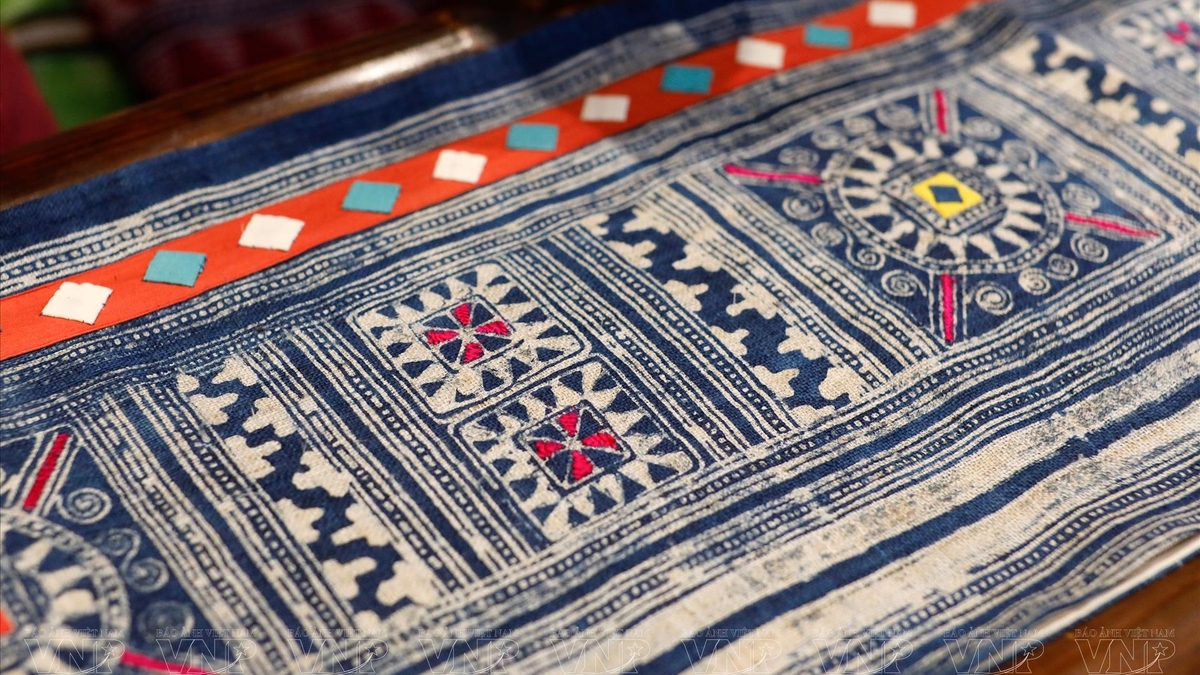
![[Photo] Lam Dong: Close-up of illegal lake with broken wall](https://vphoto.vietnam.vn/thumb/1200x675/vietnam/resource/IMAGE/2025/11/03/1762166057849_a5018a8dcbd5478b1ec4-jpg.webp)

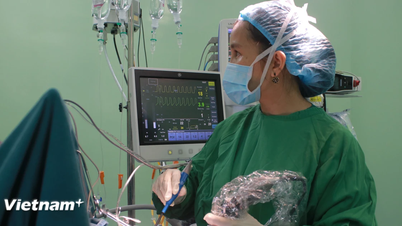

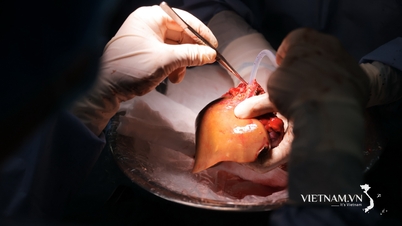

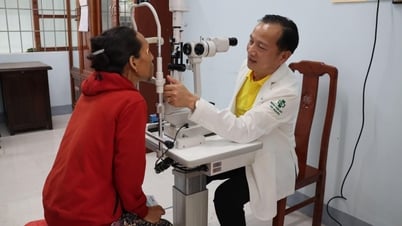

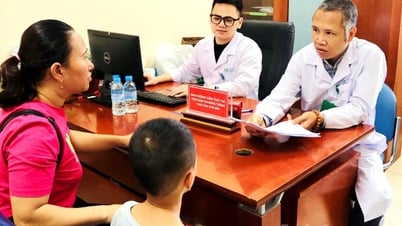







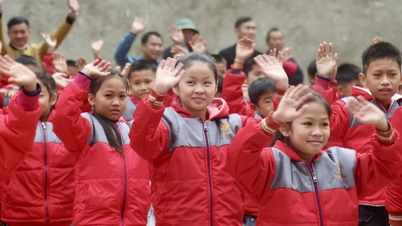


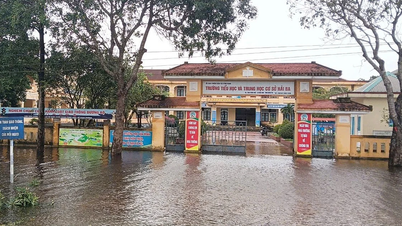
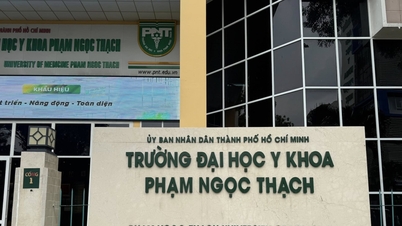









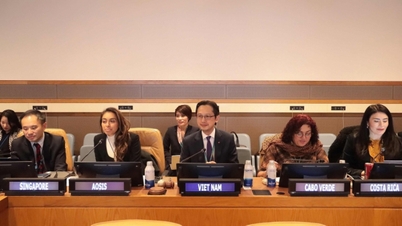

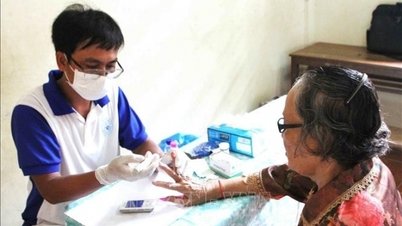





































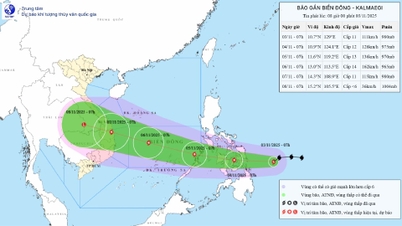

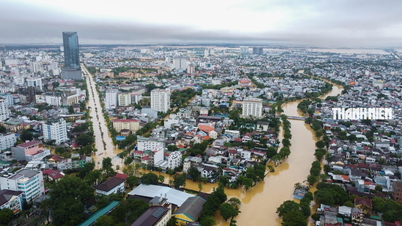






























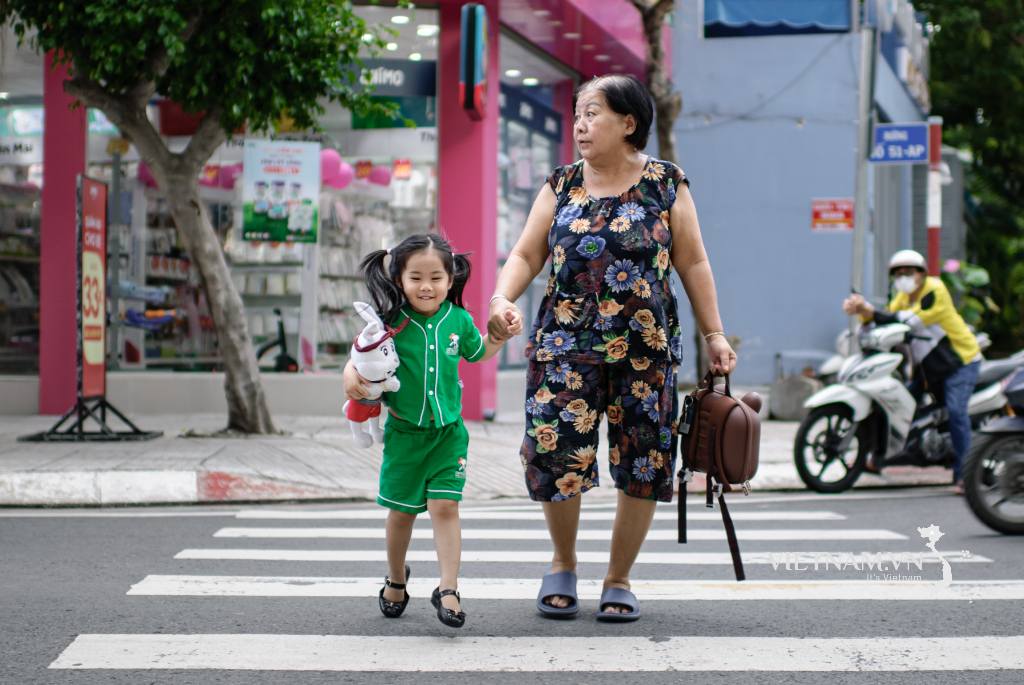



Comment (0)